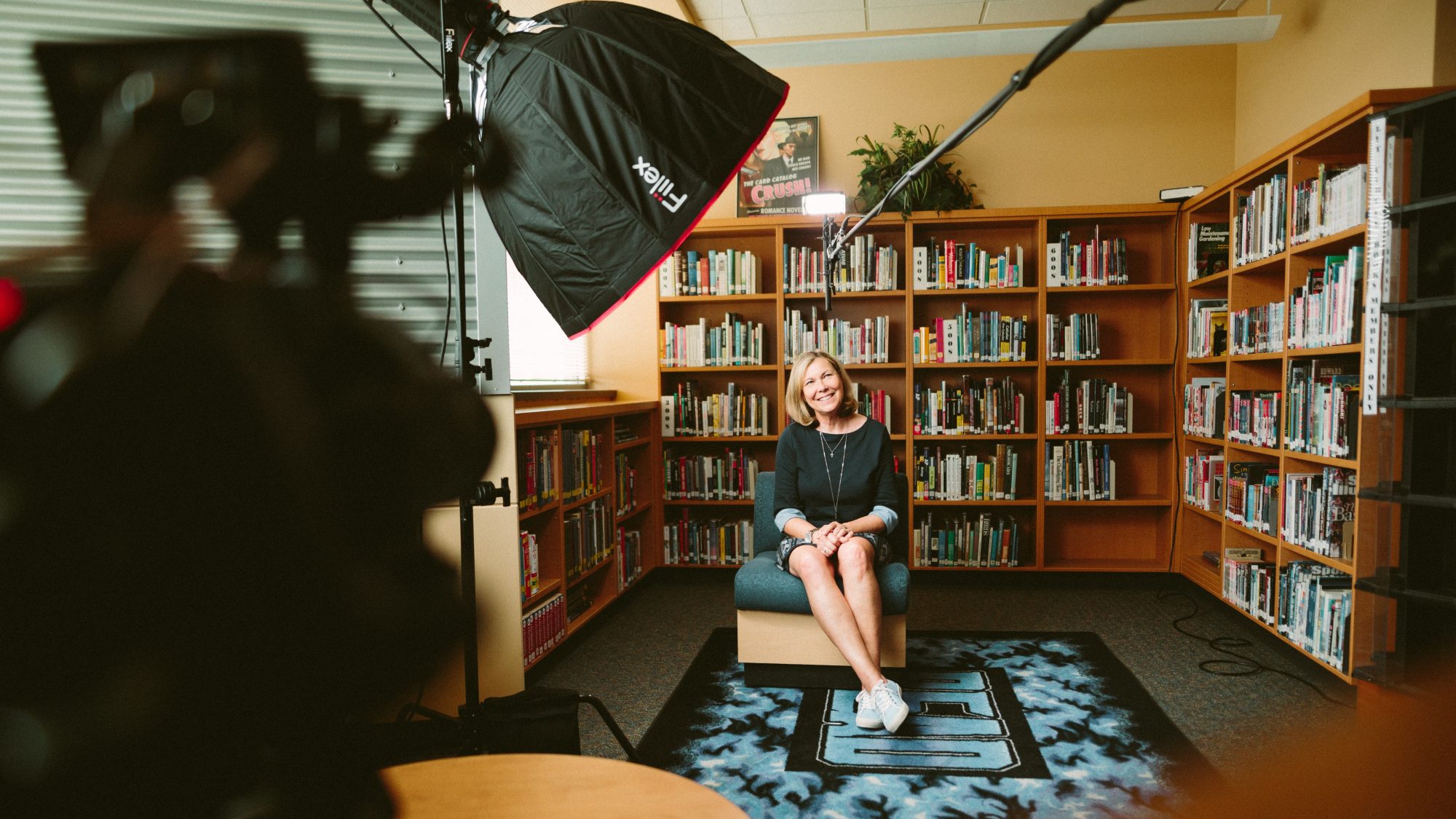The most important part of producing any video is understanding the purpose behind the video. Regardless of what kind of video, or who the video is being produced for, there is always a purpose for creating it. To fully understand this purpose with any client that I work with, I start by asking what I call the Key Three Questions. Of course there are several follow up questions to ask, but these questions are what identifies the foundation for the entire project.
Let’s use my friend Tony as an example when addressing these questions. To give some background, Tony is a Financial Advisor based in Raleigh, NC and he specializes in working with families.
Question 1: What is your ultimate goal or desired outcome for using video?
This may seem like an obvious question, and it is, but you would be surprised at how easily and often the answer to this question gets overlooked, and sometimes forgotten, throughout the process of producing a video.
Tony answers this question by telling me that his ultimate goal for using video is to increase his firm’s client-base. Easy enough, that’s a pretty common answer for most businesses that desire to use video. I highlight or put this answer in BOLD because I will come back to this answer throughout the production process to make sure we are staying on task.
Question 2: What is the purpose of this particular video that you want produced?
Tony’s initial response to this question is similar to that of most people. “Didn’t I just answer that question?” Well, maybe. The two questions sound similar but may have very different answers.
We know that Tony’s ultimate goal for using video is to increase his firm’s client-base but what if he wants to take an approach to achieve this goal by providing small financial tips to his viewers to provide value to them while showcasing his expertise. While this strategy may seem like Tony is giving his services away, he knows that providing value to his viewers is what keeps them engaged which therefore increases the likelihood of them eventually becoming clients.
So, Tony’s answer to this second question may be something along the lines of “To educate the viewers on the difference between a Roth IRA and a Traditional IRA.”
We now know that Tony’s ultimate goal for using video is to build his client-base, but he plans to use this particular video as a means to educate his viewers on a particular topic of personal finance.

Question 3: Who is your intended audience?
This question is where the bulk of my conversation with a client is spent. I will ask several follow up questions to truly get to the meat of who my clients are aiming to reach with video.
For Tony, we know that he specializes in working with families, but where do they live? What stage of life are they in? What is their average income level? Having a true understanding of who you are producing a video for is the most important part of planning a video. You want to produce a video that your audience can relate to and engage with, so it is vital that you understand who they are.
If Tony’s intended audience consists of individuals who are wrapping up their children’s college education and planning to retire in the next 5-10 years, that video will look and feel very different from the video that we would produce if his intended audience were newly married couples in their 20s or 30s.
Reverse the order
Once I have the answers to the key three questions, I begin to plan for the production of the video by working backwards through the answers. To start, I focus on exactly who the audience is, I then revisit the purpose behind the particular video that we will produce, and then make sure that the plan for the video is in line with the ultimate goal or desired outcome that the client has. Remember that I put this answer in BOLD because we will spend a lot of time identifying the intended audience and purpose behind this particular video and we want to make sure that the ultimate goal or desired outcome that we initially discussed does not get overlooked or lost in the process.
The temptation to “just get started”
Video production is often times a lot of fun and sometimes there is a sense of excitement and/or urgency to just get started. No video producer, or client, should ever start a video project without asking the important questions to truly understand the ins and outs of the project. Skipping this crucial part of planning often makes for a long and difficult project. Why? Well, when we as humans are rushed to do something and don’t have a full understanding of exactly what it is that we are supposed to do, we either take what little information we have and make a guess as to how to proceed and/or we revert to doing what we think makes the most sense to do. Unfortunately, the result that can come from these two actions in video production is an expensive and beautifully produced video that never actually reaches the intended audience and therefore never achieves the ultimate goal or desired outcome that the client has set.
So, whether you are producing a video for a client, looking to hire someone to produce a video for you, or even producing a video for yourself, take the time to ask and understand the answers to the key three questions. Then add your own questions for an even deeper understanding. Doing so will set you on the path for producing a video that not only reaches the intended audience, but also yields the results that you desire to reach.


Leave A Comment